Iron Lady Liz Truss a PM with whom we can work
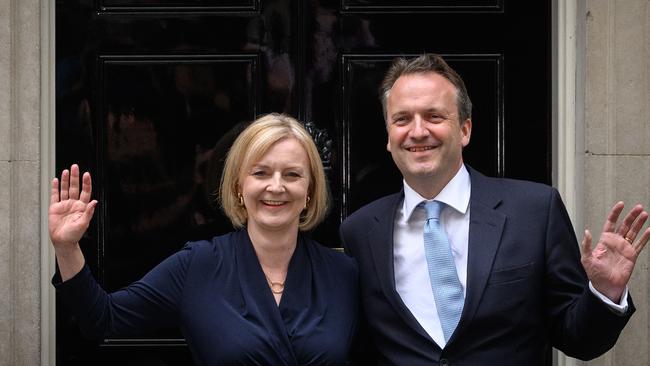
Her predecessor, Boris Johnson, crushed hapless leftist Jeremy Corbyn, whom many in the ALP saw as an ideological messiah, at the 2019 election. Johnson remained high in the polls in subsequent months until the pressure of governing and his errors of judgment caught up with him.
Keir Starmer, Labour’s best leader since Tony Blair, was given little chance but now has seen off one prime minister and is ahead in the published polls. But Truss has time on her side, with a general election not due until the end of 2024. She clearly was underestimated by party leadership rival and the “smartest kid in the room” Rishi Sunak, who will go from chancellor of the exchequer to the backbench. No doubt he will now have time to enjoy his multi-million-pound personal wealth.
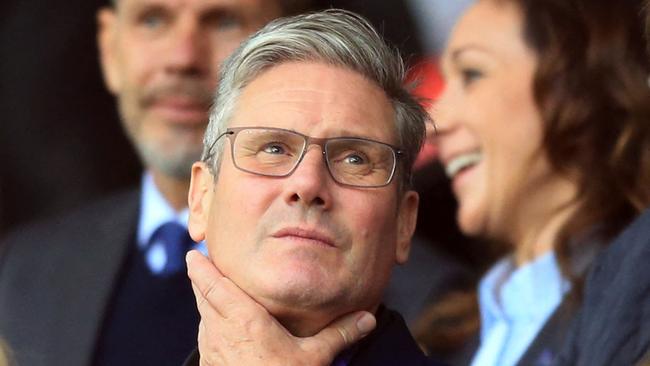
Britain’s Labour Party, as seasoned commentators such as John McTernan have observed, needs to learn the Sunak lesson and appreciate how formidable Truss is as an opponent.
For Australia, the leadership change means a further strengthening of our trade and security ties. Truss negotiated the proposed UK-Australia free trade agreement. She is invested in its success. This was further confirmed this week with the visit from British Trade Secretary and Truss ally Anne-Marie Trevelyan in her joint interview this week with Australia’s Trade Minister, Don Farrell. Farrell was hosting his counterpart at his Clare Valley vineyard, no doubt demonstrating what high-quality Australian wine and produce residents of Britain soon will be enjoying free of tariffs and restrictions.
Truss was elected on an interventionist approach to inflation and the spiralling cost of living. She campaigned on the escalation in energy prices and has a plan to borrow to insulate Britons from the hopefully temporary energy crisis being faced globally, but especially in Britain as Russian gas is withheld from the market.
She is a Tory prime minister championing the role of government to stand up for its citizens in a time of global uncertainty. No wonder she already is being compared to Margaret Thatcher and her Iron Lady persona.
This stands in stark contrast to Australia, where people are really hurting and cost-of-living pressures are acute. Instead, cost of living has been airbrushed from the talking points of Labor ministers. The jobs summit didn’t mention it once. Labor has capitulated to the Treasury orthodoxy and is about to impose a 10 per cent increase in fuel prices for families so it can raise more taxes.
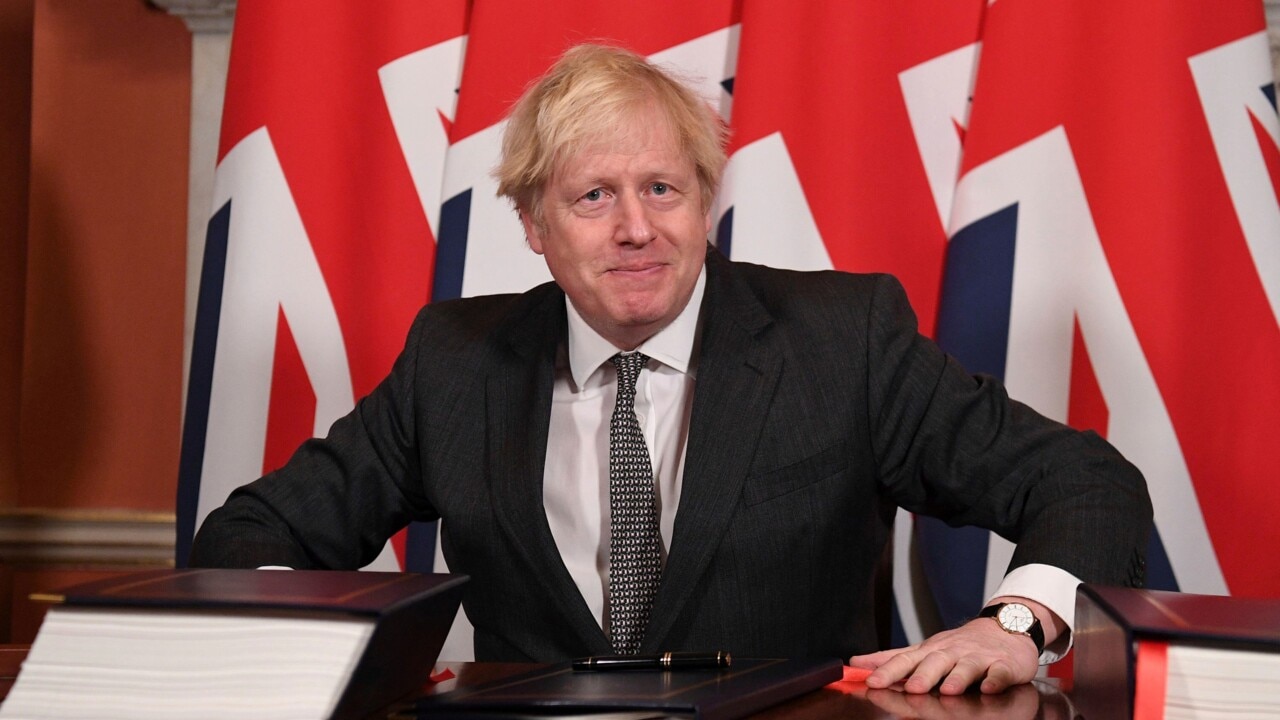
Labor has spent more time in recent weeks defending the single largest transfer of wealth from the government to the wealthiest Australians by doubling down on the stage three tax cuts. At least on this Labor shares common ground with Truss, who wants to drive income tax cuts in Britain.
Australia is well served by Farrell’s ongoing negotiation of the trade agreement details and the visit by Defence Minister Richard Marles to Britain last week where he met Johnson at BAE Systems’ submarine facility to re-emphasise the importance of AUKUS. However, the vacancy of a permanent high commissioner to London can’t be delayed any further. Marles used the excuse of the leadership change and that now has been settled.
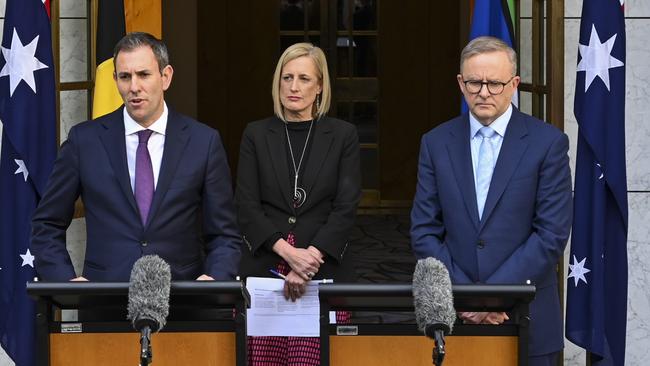
We need to recognise the exceptional work done by the immediate past high commissioner, George Brandis, who developed a personal rapport with Truss. I’ve seen it first hand at client events we’ve held in London with the pair. The high commissioner to the UK has always been a political gift of the government of the day, like the US ambassador and lesser roles such as Australian consul-general to New York. Jay Weatherill should be confirmed as the British high commissioner despite any John Barilaro squeamishness. Equally, the latter-day Bernie Sanders, Wayne Swan, should replace Nick Greiner in New York.
Truss will be a great friend to Australia and is showing a refreshing approach to climate change and energy security. Britain, like Australia, will continue to decarbonise its domestic economy, but at least in the UK’s case Truss doesn’t plan to jeopardise British energy security or its supply of oil and gas to its European partners. She has come out in support of fracking, coalmining and continuing to expand exploration in the North Sea for oil and gas reserves that may not be exploited for another 30 years.
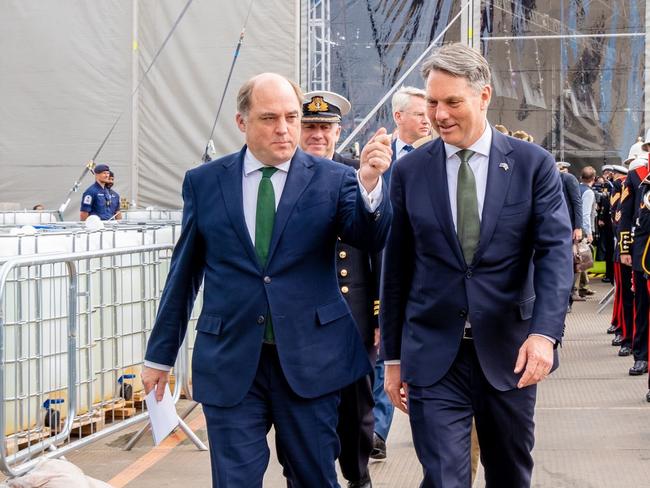
Australia has a role to play in supplying reliable oil, gas and coal for the world. We need not be ashamed of our position as an energy superpower and a provider of energy security to our allies.
It’s a lesson my great friend Kimberley Kitching and I would talk about even before this most recent conflict. The late senator’s views, along with the other Wolverines, were seen as too hawkish by those in Labor’s leadership soft on China and too used to Beijing’s soft-money diplomacy and hands-on hospitality. Kitching’s position is now fully vindicated by the Pacific tour of duty being undertaken by Penny Wong, playing diplomatic catch-up. We’d be so much better now with Kimberley still in the Senate and listened to rather than being bullied for her views and no longer with us.
Truss’s elevation to the highest office in Britain is a triumph for women in leadership and a timely reminder that we have long and enduring defence and cultural ties between our nations. Her ability to tackle cost of living at home by direct subsidies and take a mature view of energy security in uncertain times are valuable lessons for Australia, facing similar pressures.

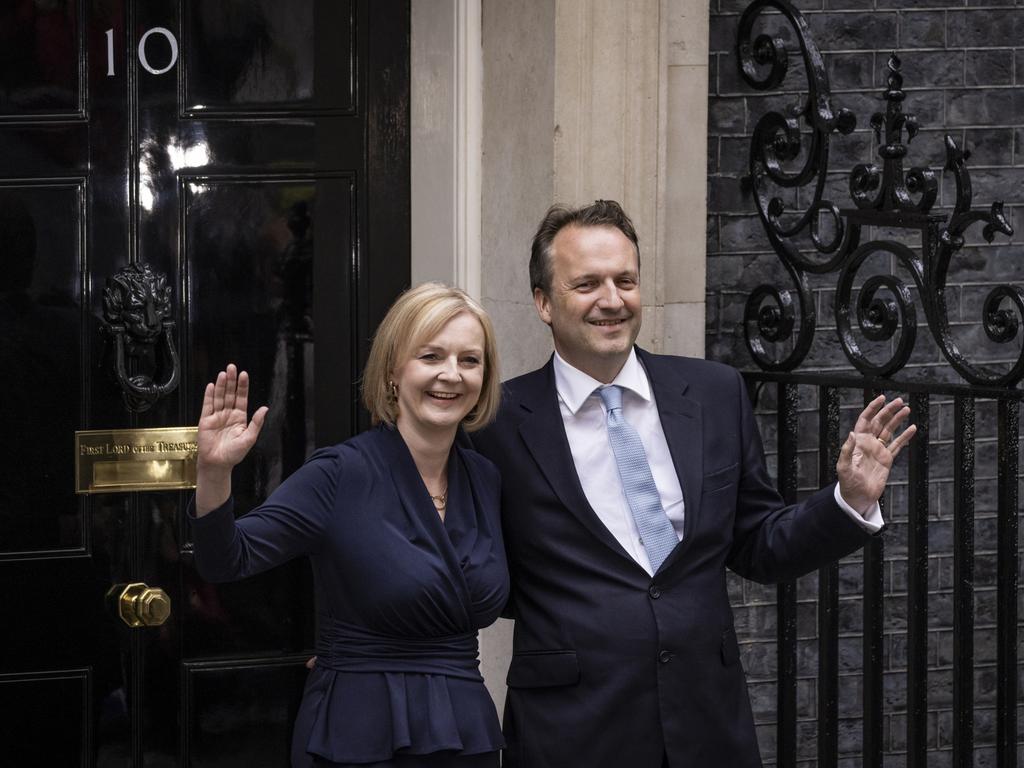
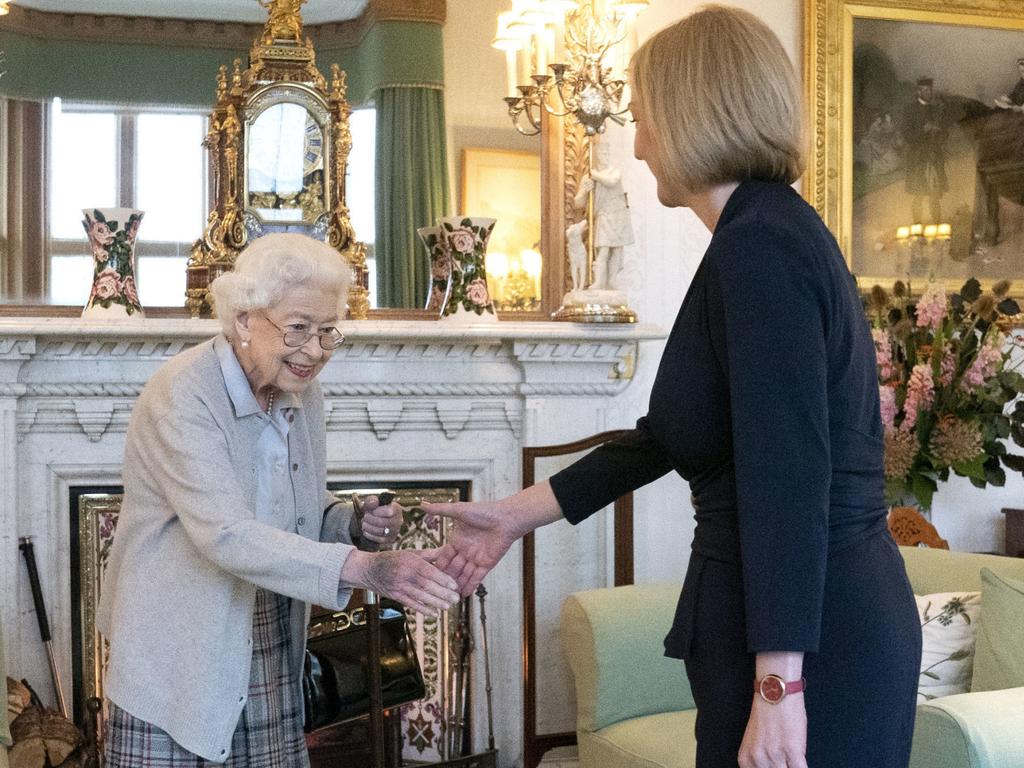

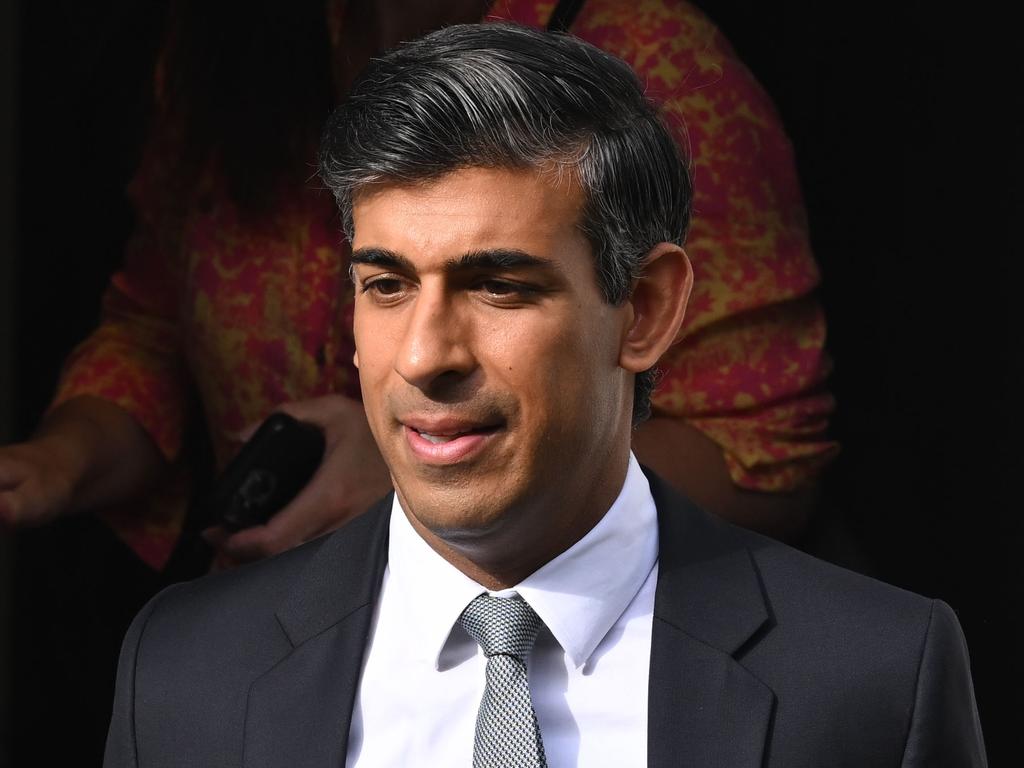


The election of Liz Truss as British prime minister reminds us yet again how quickly the political cycle turns these days, but Australia couldn’t hope for a more friendly leader in the UK.